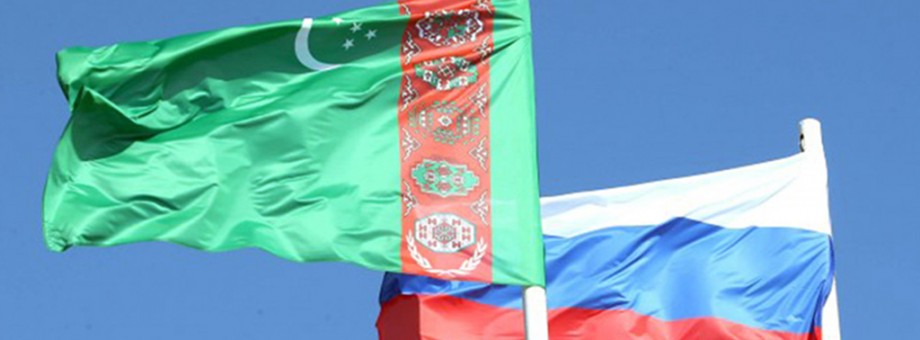Developing Turkmen-Russian Interparliamentary Dialogue

On December 28, Chairperson of the Mejlis of Turkmenistan G. Mammedova and Chairperson of the Federation Council of the Federal Assembly of the Russian Federation V. Matviyenko held a telephone conversation to discuss priority issues of the interparliamentary relations.
The Federation Council Speaker extended her New Year greetings and best wishes to President Gurbanguly Berdimuhamedov and the people of Turkmenistan for the upcoming year 2021, declared by the UN General Assembly as the International Year of Peace and Trust on the initiative of the Turkmen leader.
Highlighting the importance of Turkmenistan’s status of neutrality, whose 25th anniversary was widely celebrated this year, the Chairperson of the Federation Council of the Federal Assembly of the Russian Federation recognized the huge role that the principles of Turkmen neutrality play in modern global relations.
As noted during the conversation, Turkmenistan and Russia are committed to the long-standing friendly relations and their cooperation was and remains one of the strategic areas of the foreign-policy strategies pursued by the two countries’ heads of state.
As V. Matviyenko stressed, thanks to the enormous significance attached by President Gurbanguly Berdimuhamedov and President Vladimir Putin to the development of interparliamentary contacts, our countries are closely cooperating today within the Interparliamentary Assembly of the Commonwealth of Independent States.
During an exchange of views on the key areas of bilateral cooperation, the parties spoke for deepening the relations, and specifically defined its prospective aspects.
Noting the importance of new joint projects aimed to exploit the untapped potential and strengthen the traditional fruitful relations, the Speakers of the two countries’ parliaments offered a number of concrete proposals.
The transition to a bicameral structure of the highest legislative and representative body of Turkmenistan opens up new vistas for a closer dialogue between the countries. In this context, the sides emphasized the role of the Parliamentary Friendship Groups, and spoke in favor of sharing expertise between the two friendly countries’ parliamentary deputies.


 NEWS
NEWS